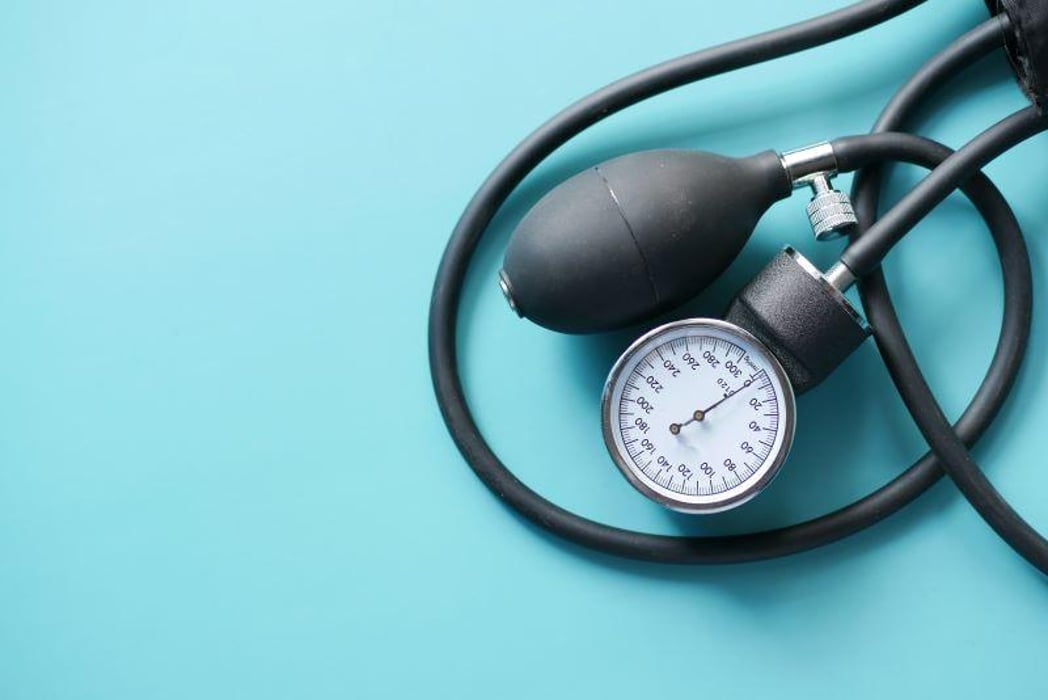Causal Effect Observed for Diastolic Blood Pressure on Neuroticism

WEDNESDAY, Nov. 30, 2022 (HealthDay News) -- Diastolic blood pressure has a causal effect on neuroticism, but not on other psychological states of anxiety, depressive symptoms, or subjective well-being, according to a study published online Nov. 21 in General Psychiatry.
Lei Cai, from Shanghai Jiao Tong University, and colleagues examined the genetic causal relationships between blood pressure and anxiety, depressive symptoms, neuroticism, and subjective well-being using Mendelian randomization analyses with eight large-scale genome-wide association study datasets. Heterogeneity in Dependent Instruments (HEIDI)-outlier detection was used to filter genetic instruments that had pleiotropic effects on the exposure and outcome.
The researchers identified a causal effect of diastolic blood pressure on neuroticism. Overall, 1,074 independent instrumental single nucleotide polymorphisms (SNPs) were identified that were significantly associated with diastolic blood pressure, but not with neuroticism. These SNPs survived the HEIDI outlier analysis. No significant causal effects were identified for other blood pressure traits with psychological states.
"Neuroticism is viewed as a key causative factor for anxiety and mood disorders. Individuals with neuroticism more frequently experience high mental stress, which can lead to elevated blood pressure and cardiovascular diseases," the authors write. "Appropriate surveillance and control of blood pressure can be beneficial for the reduction of neuroticism, neuroticism-inducing mood disorders, and cardiovascular diseases."
Related Posts
Smoking Can Really Weaken the Heart
FRIDAY, Aug. 26, 2022 (HealthDay News) -- Smoking is even worse for your heart...
Most Post-Stroke Depression Still Goes Untreated
MONDAY, July 25, 2022 (HealthDay News) -- While depression is common after a...
SARS-CoV-2 Infection Linked to Increased Risk for Diabetes
TUESDAY, April 18, 2023 (HealthDay News) -- Severe acute respiratory syndrome...
La obesidad podría reducir la producción de leche de las madres lactantes
JUEVES, 29 de diciembre de 2022 (HealthDay News) -- Aunque 8 de cada 10 madres...
